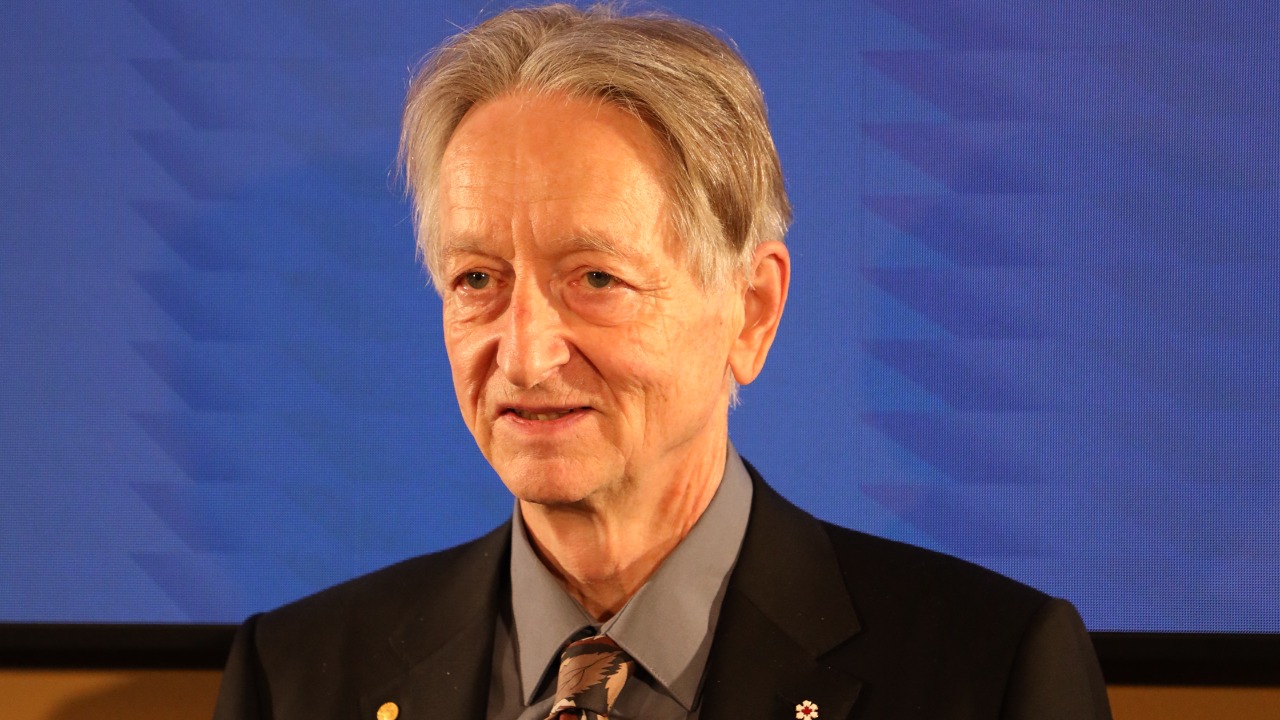
Geoffrey Hinton, a pivotal figure in the development of artificial intelligence (AI), has issued a stark warning about the industry’s future. Known as the “Godfather of AI,” Hinton has stated that the AI industry’s profitability hinges on its ability to replace human jobs on a large scale. His comments underscore the economic pressures driving AI development and the potential societal impacts of widespread job displacement.
Geoffrey Hinton’s Role in AI Pioneering
Geoffrey Hinton’s contributions to the field of AI are foundational. He is credited with the development of backpropagation and neural networks, techniques that have become integral to modern AI systems. His work in these areas has earned him the moniker “Godfather of AI,” a testament to his significant influence on the field.
Hinton’s academic and professional journey has been marked by groundbreaking collaborations and innovations. His tenure at the University of Toronto saw him help create deep learning techniques that are now essential to the AI industry. These innovations have directly shaped the AI tools used by tech giants today, setting the stage for the economic dynamics Hinton now critiques.
The Economic Imperative Behind AI Development
At the heart of Hinton’s warning is the assertion that the AI industry “can’t profit unless it replaces human jobs.” This ties directly to the economic necessity of automation for tech companies to see returns on their investments. As Hinton observes, the strategies of these companies are heavily reliant on the displacement of human labor to scale AI applications efficiently.
In a direct quote, Hinton states, “tech giants can’t profit from their astronomical investments unless human labor is replaced.” This statement underscores the financial pressures driving the push for automation and the potential consequences for the workforce.
Scale of Investments Driving AI Automation
The investments made by tech giants in AI are indeed astronomical, with billions being poured into research and infrastructure. Hinton argues that these investments necessitate job replacement to generate profits. As of early November 2025, the business model for these companies appears to be one where AI adoption must reduce human workforce costs to succeed.
From Hinton’s perspective, without labor replacement, Big Tech’s AI initiatives risk financial failure, despite the scale of funding. This presents a stark reality for the industry and the workforce it may displace.
Big Tech’s Push for Human Labor Replacement
Major tech companies, referred to as “Big Tech” by Hinton, are increasingly integrating AI to automate roles in sectors like customer service and data analysis. Hinton’s comments on November 5, 2025, suggest that this shift is inevitable for profitability, reflecting broader industry trends.
There are already examples of AI tools replacing human tasks, as warned by Hinton. These instances highlight the strategies tech giants are employing and the potential scale of job displacement.
Hinton’s Warnings on AI’s Broader Societal Impact
Hinton’s concerns extend beyond the economic implications of AI development. He warns of job displacement leading to widespread unemployment, a consequence of the industry’s reliance on replacing human labor for profit. This raises significant ethical implications, including the need for society to prepare for an economy where AI supplants human roles to sustain industry growth.
In a cautionary note on AI’s trajectory, Hinton states that Big Tech “can’t profit without replacing human labor.” This statement underscores the potential societal impact of AI development and the need for careful consideration of its consequences.
Future Outlook for AI and the Workforce
Looking ahead, the profit model critiqued by Hinton could accelerate automation across industries. This raises questions about the future of the workforce and the potential for widespread job displacement. Policy responses will be needed to mitigate job losses and manage the transition to an economy increasingly reliant on AI.
Hinton’s role as a creator who now warns of the AI industry’s reliance on human replacement adds weight to these concerns. His remarks on November 6, 2025, have sparked ongoing debates about balancing AI innovation with workforce protection, debates that will shape the future of the industry and the workforce it affects.
More from MorningOverview